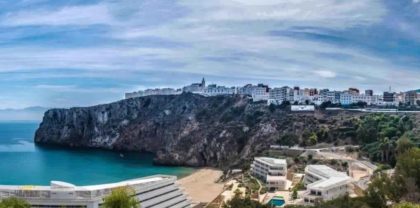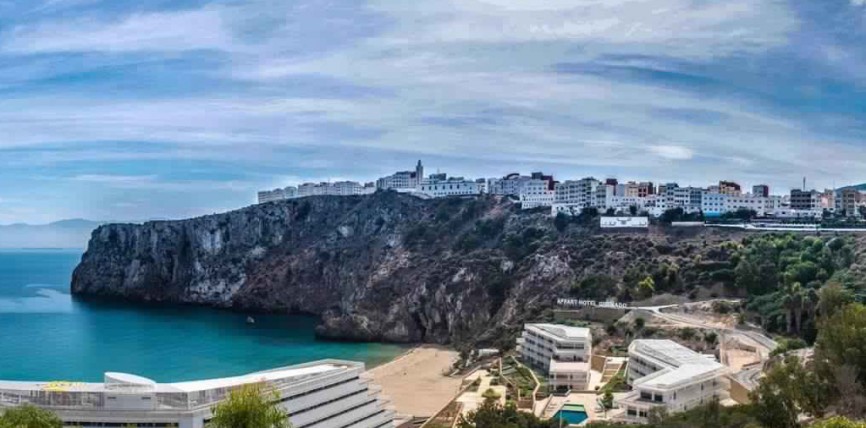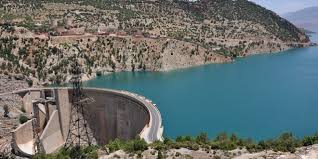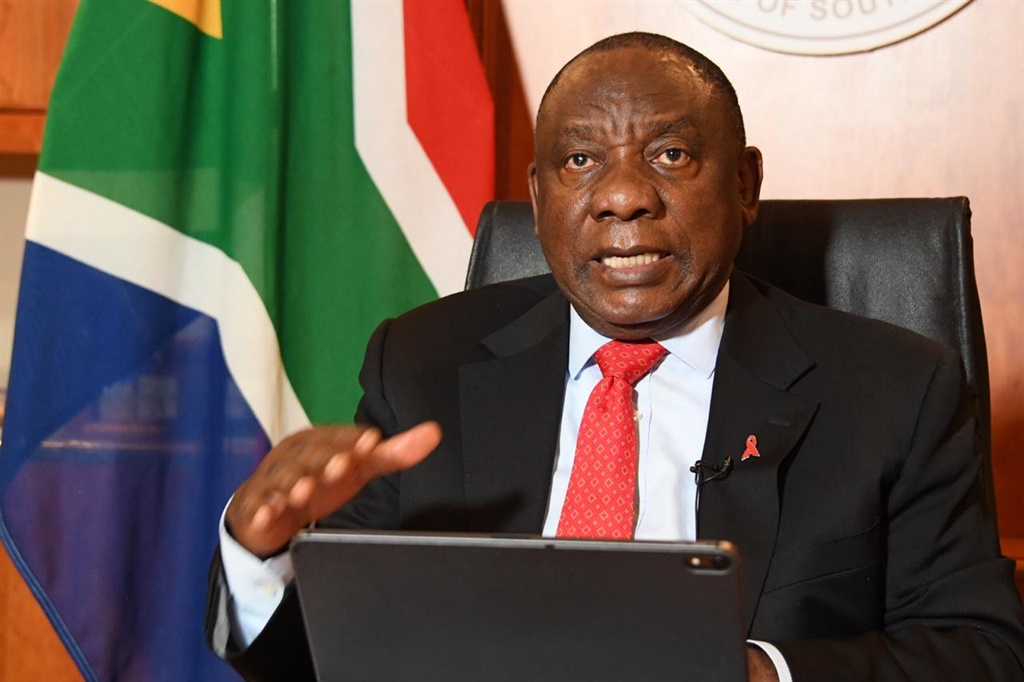 A ministerial delegation has arrived in Al Hoceima Monday to inspect the progress made in social and economic projects that were launched in the region in a bid to defuse tension and speed up the pace of the projects completion, le360 news website reported.
A ministerial delegation has arrived in Al Hoceima Monday to inspect the progress made in social and economic projects that were launched in the region in a bid to defuse tension and speed up the pace of the projects completion, le360 news website reported.
The delegation landed in AL Hoceima in the wake of a national march that was staged in Rabat, bringing together between 15,000 (according to official numbers) and over 30,000 (according to the organizers) citizens, in support of the social and economic demands branded by the peaceful protesters in northern Moroccan towns. The march has been described by observers as the largest political march in the country since 2011.
Led by Interior Minister Abdelouafi Laftite, the delegation also comprises Energy Minister Aziz Rebbah, Secretary of State for Water Charafat Afailal, Equipment Minister Abdelkader Amara and Health Minister Lahoucine Louardi as well as director General of Morocco’s water and electricity utility (ONEP) Ali Fassi Fihri and President of the region of Tangier-Tetouan-Al Hoceima Ilyas El Omari.
The delegation will check the progress on a set of development projects, notably the Al Hoceima-Taza express way and the works to renew the drinking water network in the city as well as the electrification of rural areas in addition to other infrastructure projects relating to hospitals and water desalination.
A first government delegation visited the northern Moroccan city on May 22 to assess the inhabitants’ demands and inspect the progress made in various projects in fields including infrastructure, health, education, fisheries and agriculture.
The delegation had then announced that 20 billion dirhams have been allocated to carry out social and economic projects within the upcoming five years in Al Hoceima and its region.
Tensions have been simmering in Al Hoceima since October 2016, as a reaction to the gruesome death of a fish vendor, Mohsin Fkri. The fishmonger was crushed to death in a garbage truck while he jumped in, in an attempt to retrieve his fish that the police had confiscated and thrown away.
Since then, protests have been building up in the city and have increasingly become focused on addressing the various economic, social, and administrative challenges the region faces.
Carnegie’s Intissar Fakir, editor of Sada and a Morocco expert, argued in an interview, early June, with Diwan, that “to quell the anger at this point, the government probably has to offer something more concrete and significant than what it has offered so far”.
According to her, the future of these protests and their propensity for greater unrest will largely depend on how the government deals with them.
“So far, efforts to find the right response have not only missed the mark, but appear to have made matters worse,” she pointed out, deeming that the government needs to unequivocally acknowledge and deal with the disenfranchisement and neglect endured in the region.



